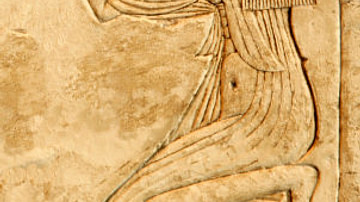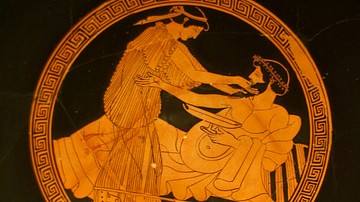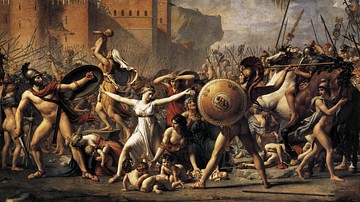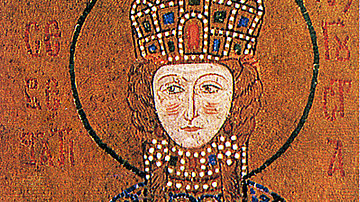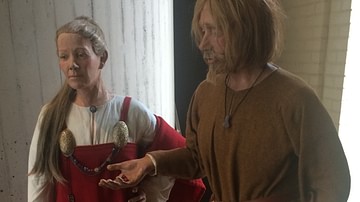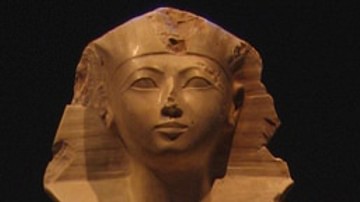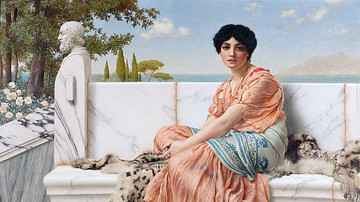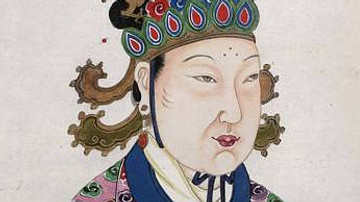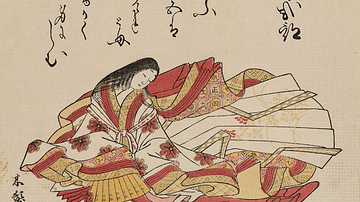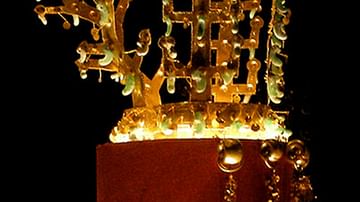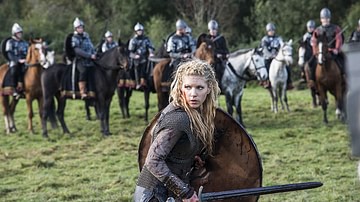In many cultures of antiquity women had to battle the disadvantages of rules and conventions made for men and by men who dominated government, public life, and society. Nevertheless, many ancient religions had powerful female goddesses like Isis in Egypt, myths told of strong women like the Amazons, and, of course, women were all-important in the home and family life. Many women did break conventions and rise to the very top of their societies to rule alone vast empires such as Hatshepsut in Egypt, Wu Zetian in China and Queen Seondeok in Korea. In the arts, too, women could match their male counterparts to produce history books, poems, and philosophy that are still read and studied today.
The lot of ordinary women was, though, an unenviable one in most ancient cultures. It is not coincidental that many of the female figures in myths and literature produced by ancient male writers are presented in such a way as to somehow blame women for the ills of the world, the story of Pandora being the most explicit example. This collection looks at many famous successful women but also those ordinary women who had to battle ever-present social restrictions as well as limits on their rights of property and political participation. We look at how important women were to family life, what role they played in religion, and how they might make a living for themselves in a wide range of roles from sophisticated entertainers to makers of silk.
Within the family, Roman women would attend to the home and its slave workforce and work on handicrafts, while upper-class females might also study academic subjects such as literature and philosophy.
